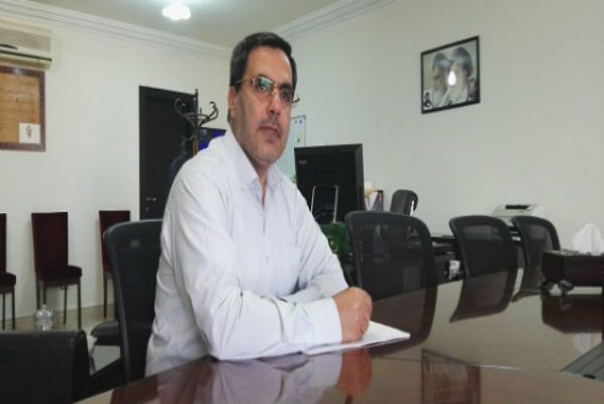BY: Saeed Ghafari

US Secretary of State Mike Pompeo recently said that Lebanese people are free to choose between two options: supporting Hezbollah and starving or surrendering to Washington and its projects.
NOURNEWS- The activities of the US ambassador and other ambassadors supporting the March 14 faction seem to be a continuation of a pre-planned US-Israeli scenario. A scenario that entered a new phase with the remarks of the US Assistant Secretary of State on Al-Arabiya last week.
In an interview with Al-Arabiya last week, David Shanker, Mike Pompeo's special assistant for Lebanese affairs, emphasized three things that could be at the root of Lebanon's growing crisis, as well as possible future developments:
First, US sanctions have had a real impact on crippling Hezbollah's capabilities, causing Iran to send less money to the movement.
Second, Riyad Salameh, the head of the Lebanese Central Bank, has been cooperating well with the US Treasury since 1993, especially on issues related to sanctions on Lebanese banks and financial institutions, and the closure of Hezbollah-owned accounts.
Third, "fundamental reforms" are needed to put Lebanon in a position where it can receive funding from financial and international institutions. Get important.
Of course, Shankraghadam called the Lebanese government's reform of the above-mentioned areas conditional on the fact that it did not mention it, a condition that has in fact targeted Hezbollah and the weapons of resistance.
In fact, in the face of the Lebanese economic crisis and domestic issues, the Americans are pursuing other goals, which are to secure the borders of the Zionist regime, disarm Hezbollah, and ultimately end the resistance.
The sedition began when the current Lebanese government decided to make its promises to fight corruption and return people's property to bank accounts and the assets of central bank governor Riyad Salameh.
Riyadh Salameh, who has now been identified as implementing Washington's policies on Lebanon's financial and banking system, denied the allegations, saying his deliberate and erroneous policies have recently led to an increase in the dollar's depreciation and blackmail in the black market. The country has finally resumed protests.
David Shanker's remarks also point to the fact that the power of Lebanese central bank governor Riyad Salameh is not due to the support of some corrupt forces and sectarian parties in Lebanon, but to US support and cooperation with Salameh.
Salameh sought to keep Hezbollah in financial trouble and to block all accounts belonging to them, as well as the accounts of those affiliated with the movement, under the pretext of supporting terrorism.
It is clear from this that the United States, directly or indirectly from the gates of the Central Bank of Lebanon and the devaluation of the Lebanese lira, is behind the destabilizing situation in Lebanon. It has not been the American route.
Regional affairs analyst

No comments:
Post a Comment